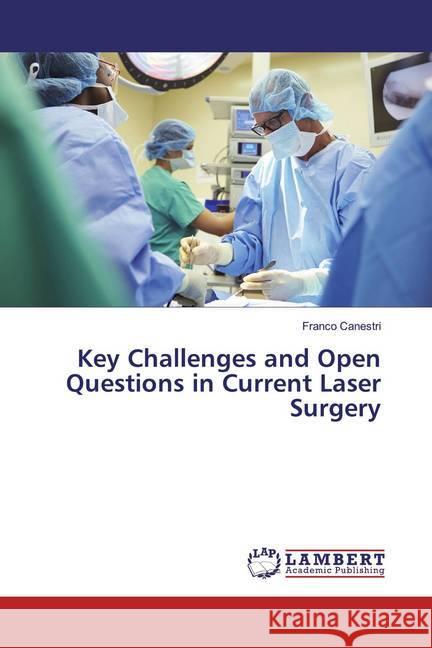Key Challenges and Open Questions in Current Laser Surgery » książka
Key Challenges and Open Questions in Current Laser Surgery
ISBN-13: 9786202029209 / Angielski
The involvement of lasers in the treatment of biomedical tissue has been investigated by both industry and clinical research laboratories for more than 70 years. Two major families of medical lasers differ themselves as follows: the beams showing "absorption" modalities by the tissue (CO2 lasers-like) in the region of 10 micron wavelength and the other ones showing "scattering" characteristics into the tissue (YAG lasers-like) in the region of 1 micron. The first one shows strong haemostatic properties in low-water content tissue, while the second one shows strong concentration ("pile-up") of energy below the surface with consequent heating, cutting and haemostasis of the irradiated volume in the depth of the same. One key aspect always to be considered is the combination of liquid content of the irradiated tissue, the anatomical structure of the tissue, the beam wavelength and the emitted energy on the spot (power density). The current main open questions and challenges related to the clinical usage of modern medical lasers are here presented and constructively discussed.











